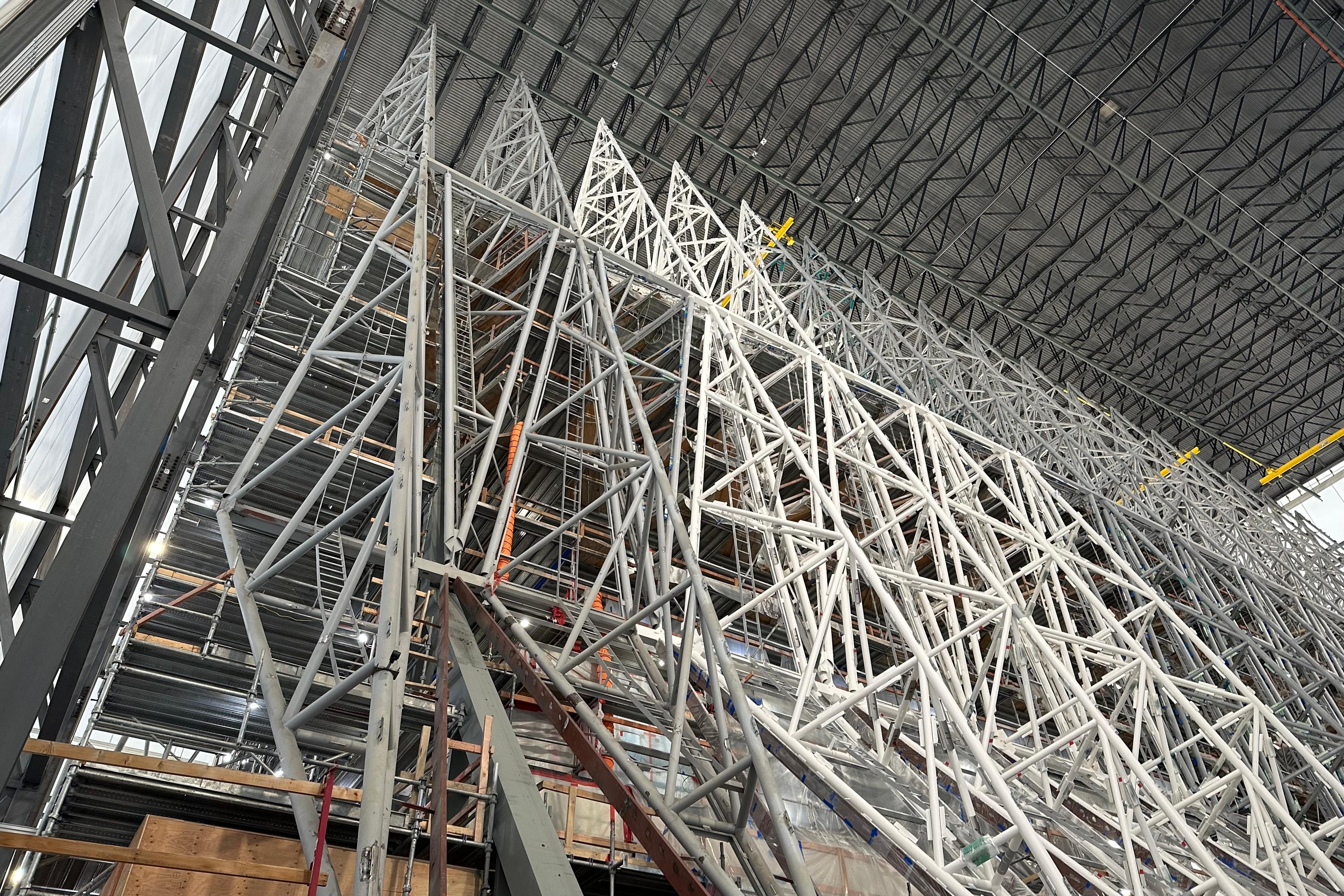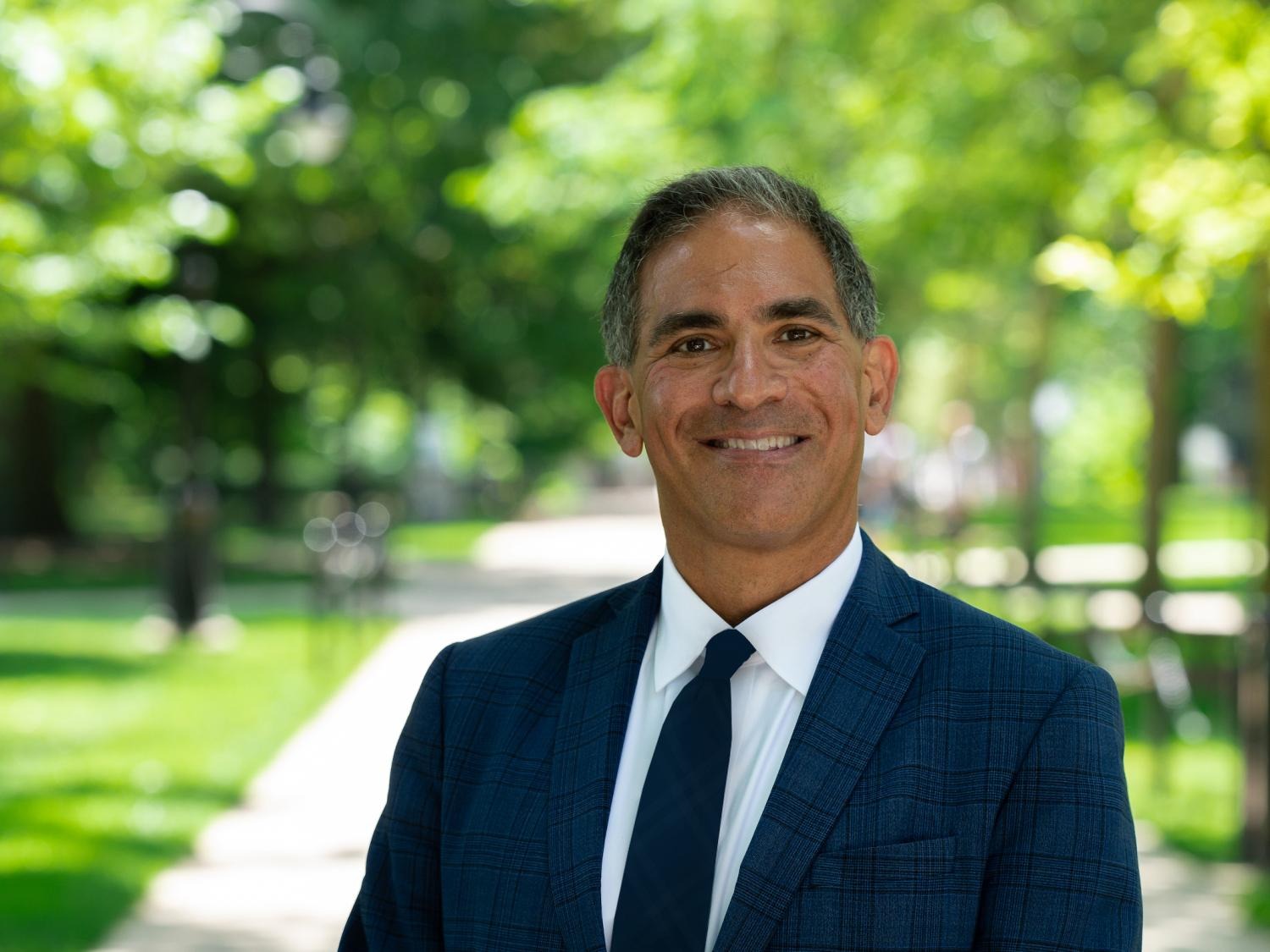Over 3.28 million people filed for unemployment claims last week due to COVID-19, according to a new report by the Department of Labor. It's the biggest increase the department has ever seen.
In Colorado, over 19 thousand people filed unemployment claims. That’s about a 730 percent increase over the past week. KRCC's Elena Rivera spoke to Tatiana Bailey, director of the UCCS Economic Forum, on these new figures and the overall economic picture and uncertainty in Colorado and the Pikes Peak region.
Conversation Excerpts
Elena Rivera [ER]: Reading the Department of Labor report about the number of unemployment claims, they stated in the report, 'We've never seen anything like this.' Do you have any responses or reactions to those numbers that came out?
Tatiana Bailey [TB]: I'm not someone who works at the Bureau of Labor Statistics and crunches these numbers, but my sense is that the real number is probably closer to 4 or 5 million, which I know seems astronomical. But remember how many people were not even able to submit because of the backlog? I mean, I personally know people who say, you know, they had to try fifteen times before they were able to get into the Colorado website. And that's a week. That's a week's worth [of numbers]. And in fact, we know that a lot of businesses closed the week after that. So that's why I'm thinking, as depressing as it is, it's probably not indicative of what is yet to come.
ER: I'm trying to understand the scale of what that number actually means.
TB: It's literally off the chart. I moved to Colorado five and a half years ago, and it's just like every month the news got better and better. The unemployment rate was even lower. [Now,] it's harsh to see this happen. But then you think about state and local government and the simple fact that we rely so much on, for instance, the sales and use tax from all of the people who come here and visit. And that is literally out the window [due to COVID-19 closures and restrictions].
ER: Are there any things that might affect regions in Pikes Peak differently?
TB: As an example, Colorado Springs isn't really impacted by what's happening in the oil and gas industry, but places like Greeley are. They're highly dependent, and that's going to be a long haul. I don't see that really being resolved anytime soon. And again, it's not to be an alarmist or to say the sky is falling or we're gonna be in a 10-year depression. I don't necessarily think that's the case unless, you know, somehow this virus just can't be stamped out. My optimistic nature and economics do point to the fact that there will be another side to this.









